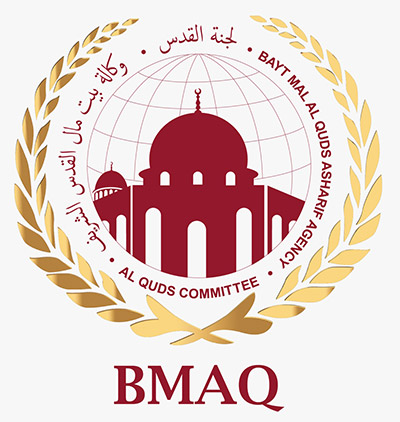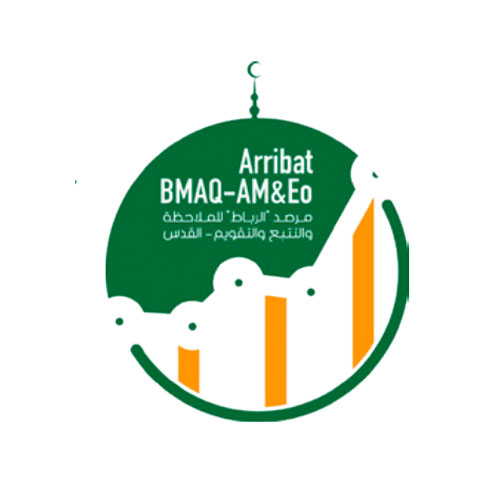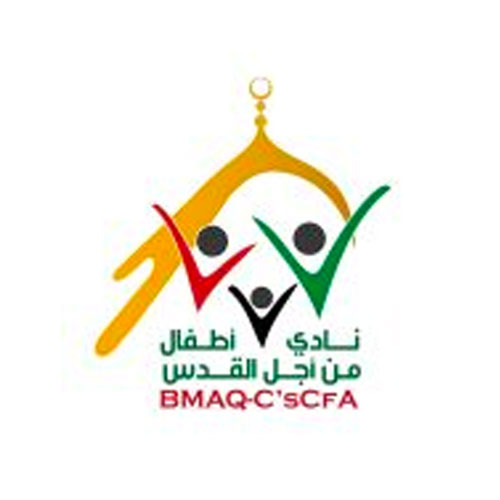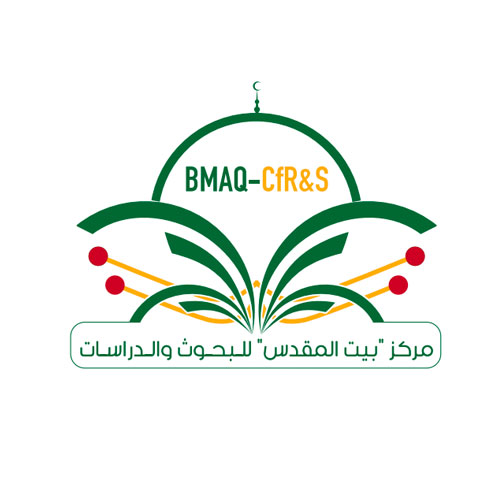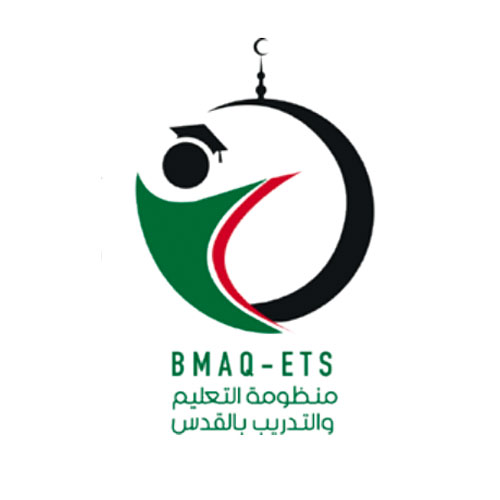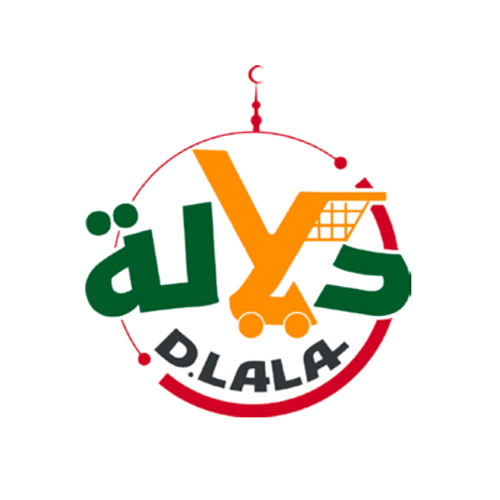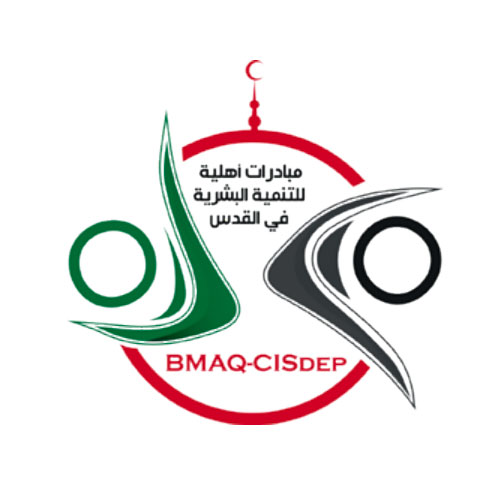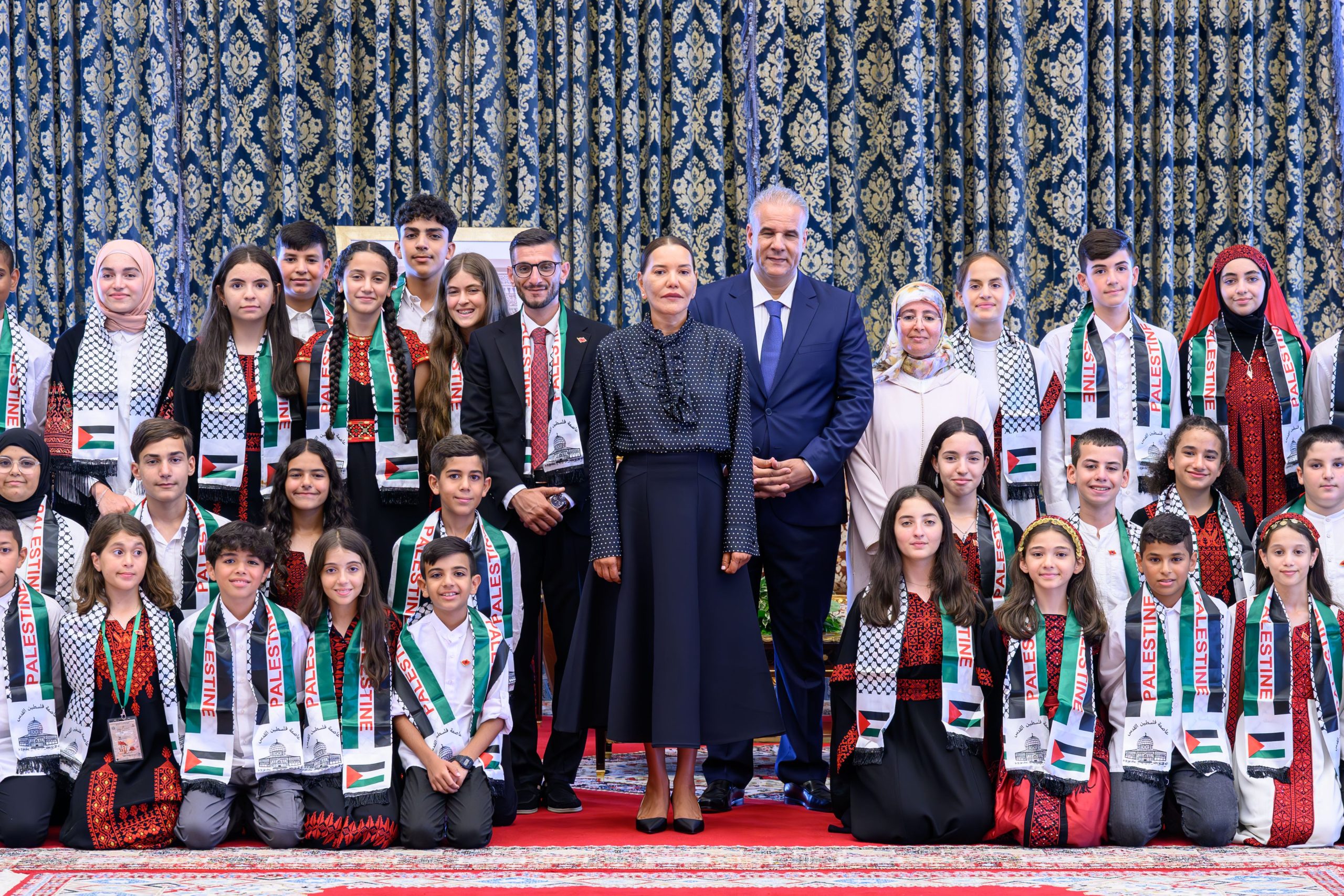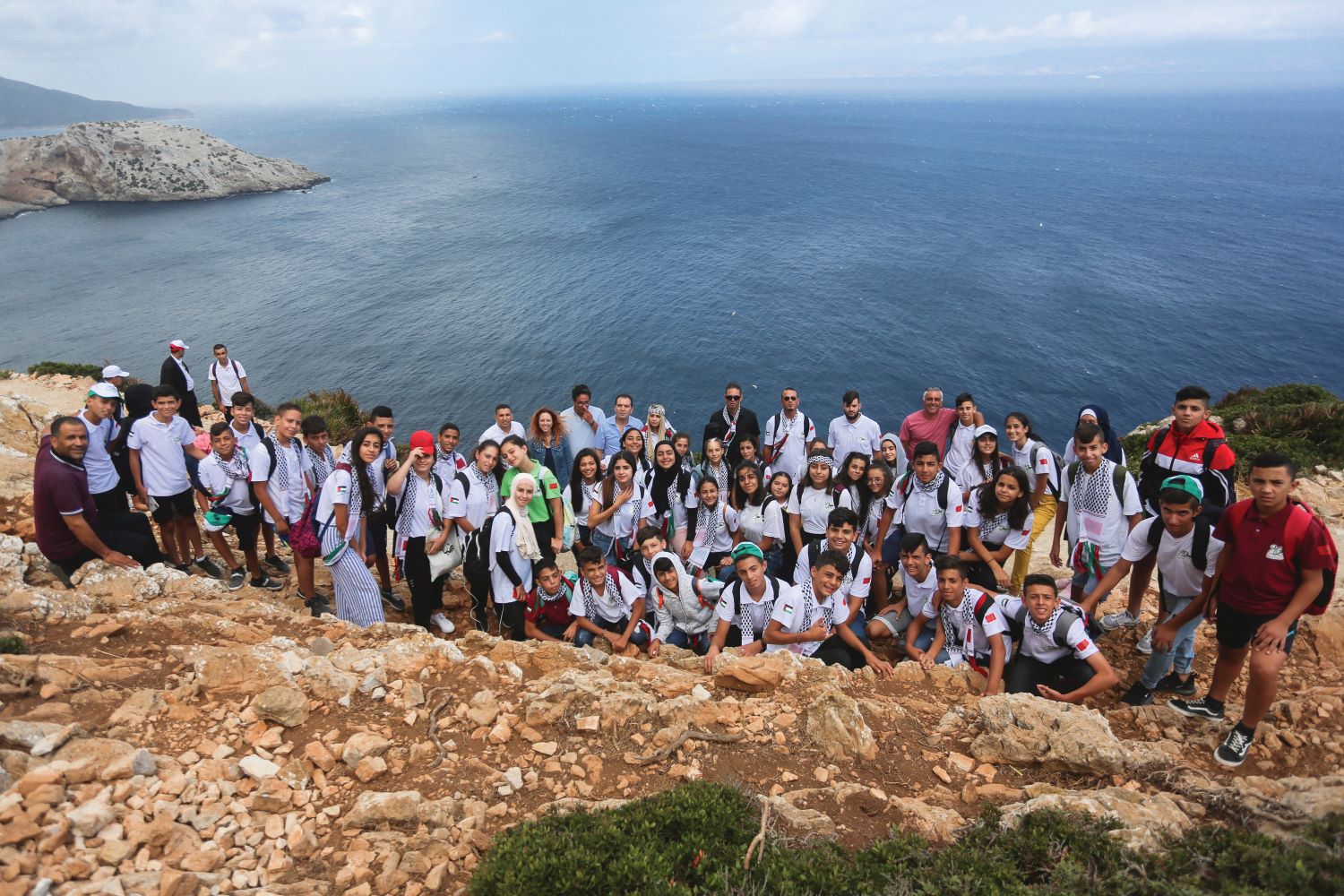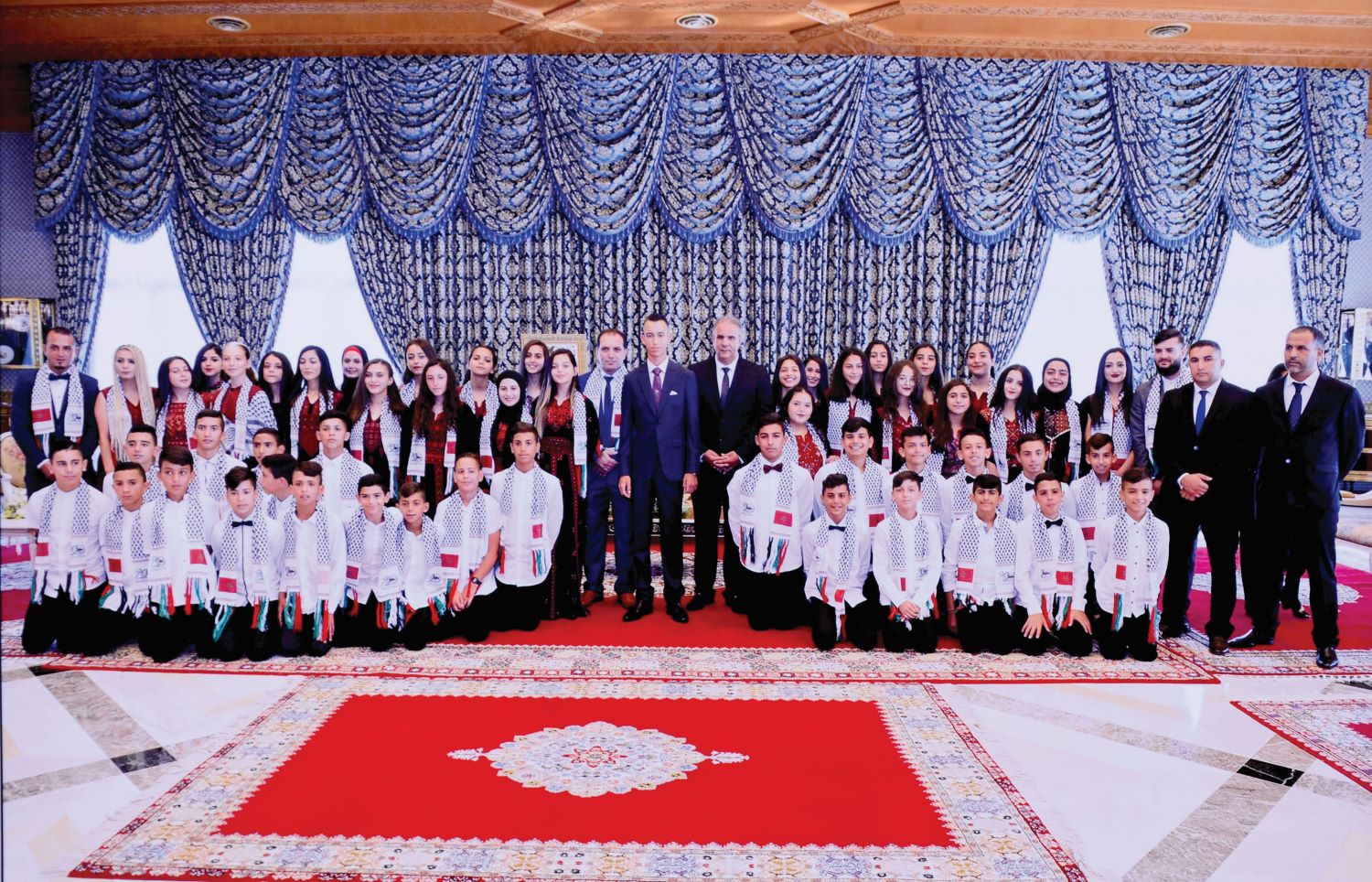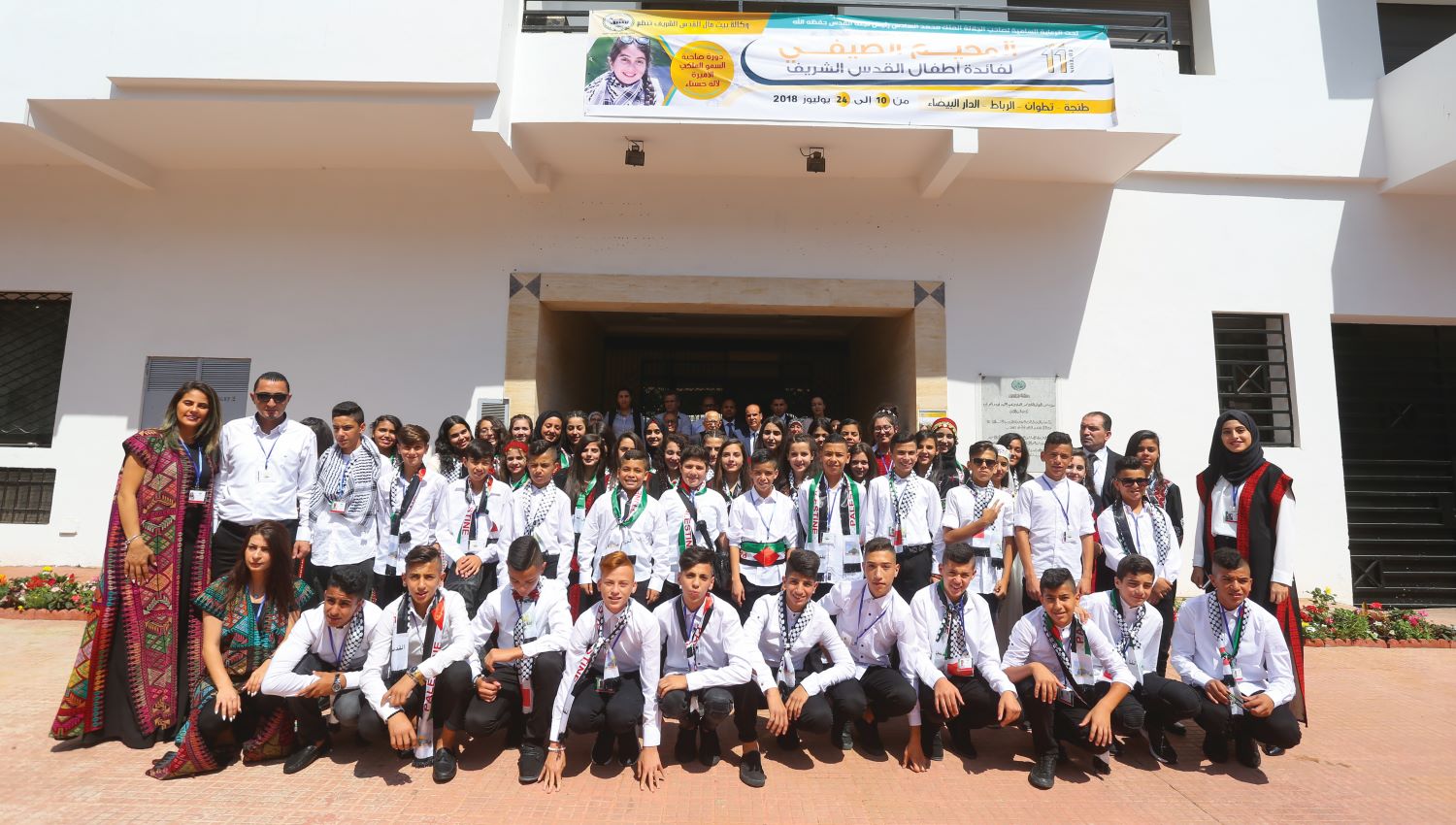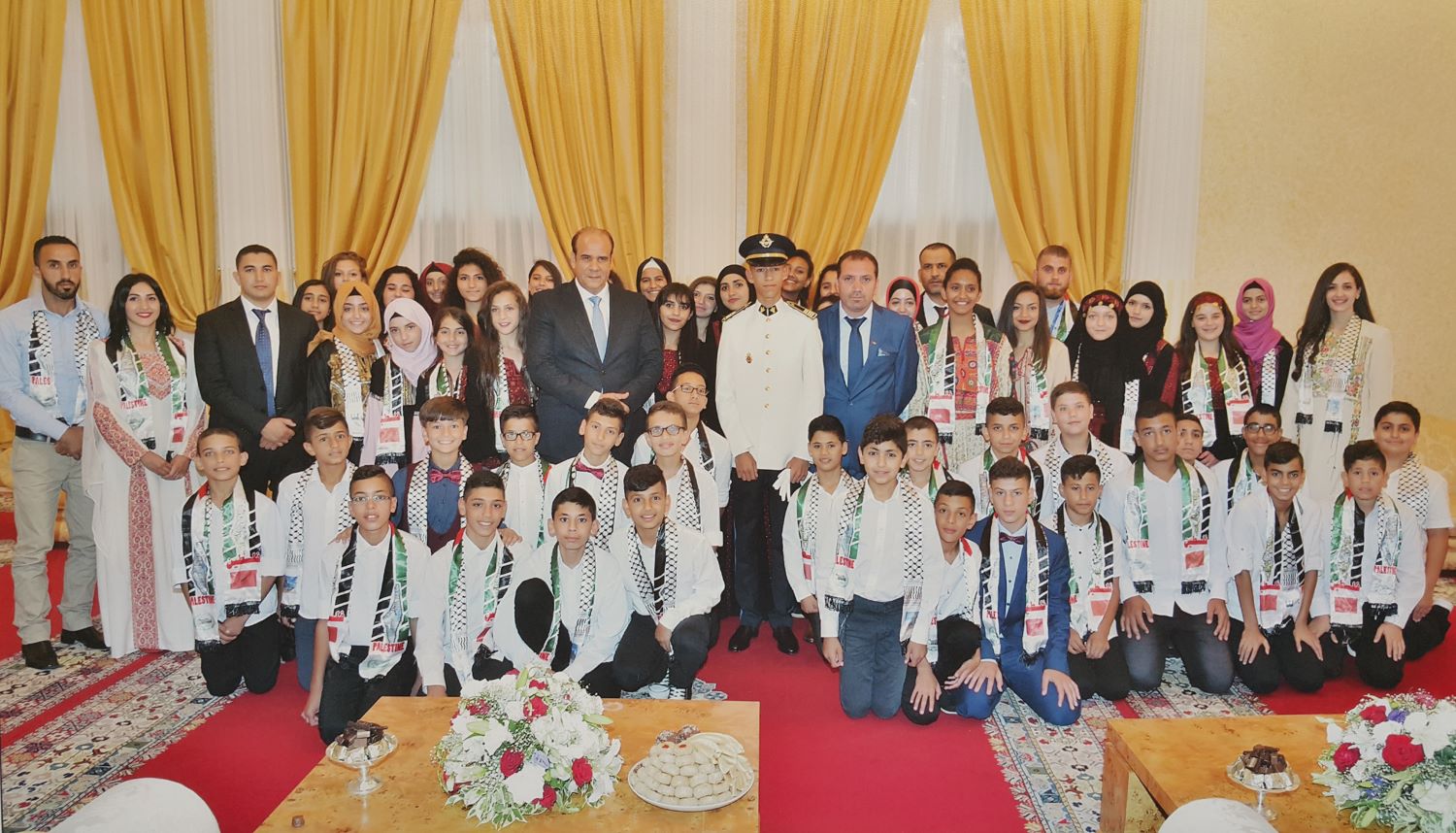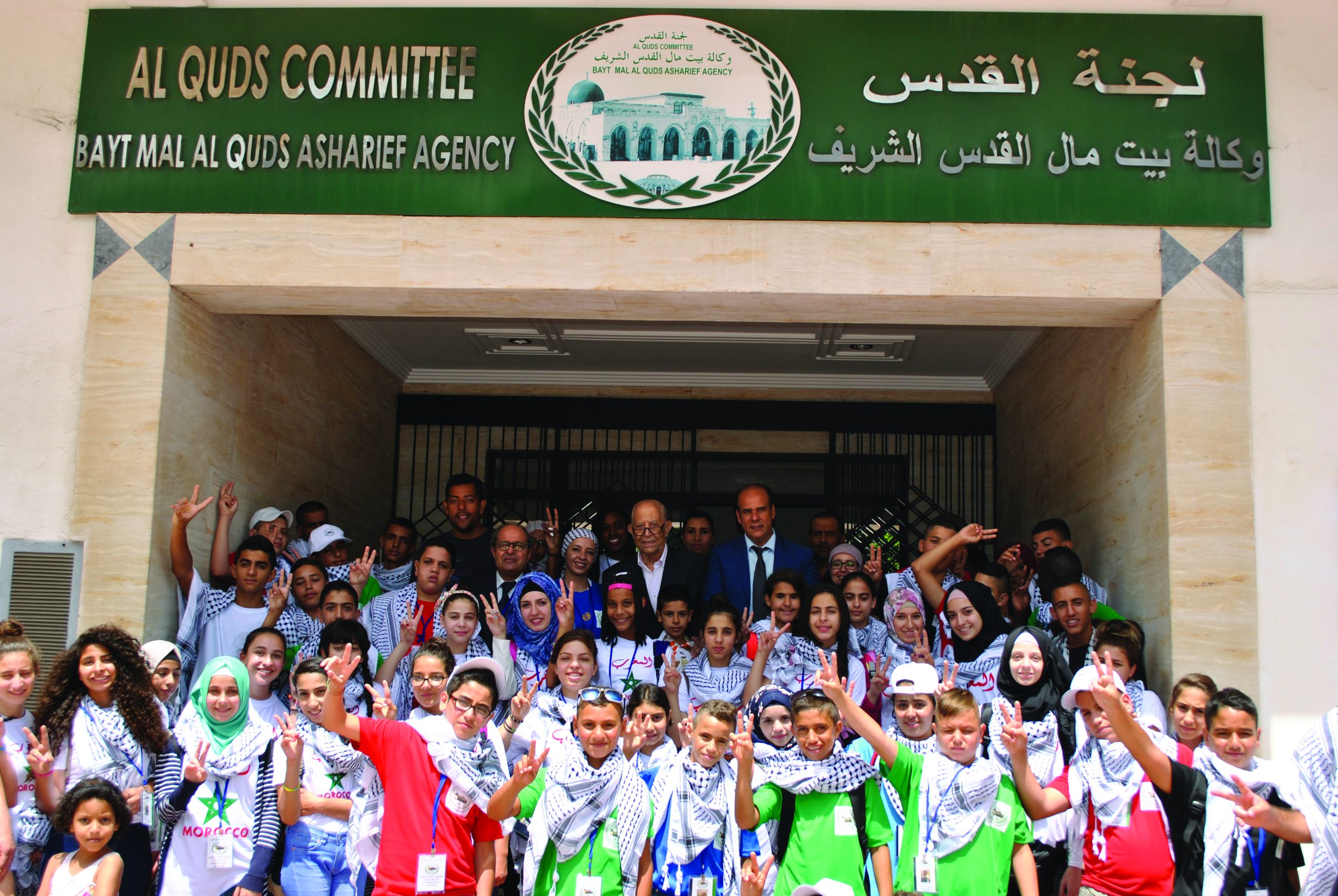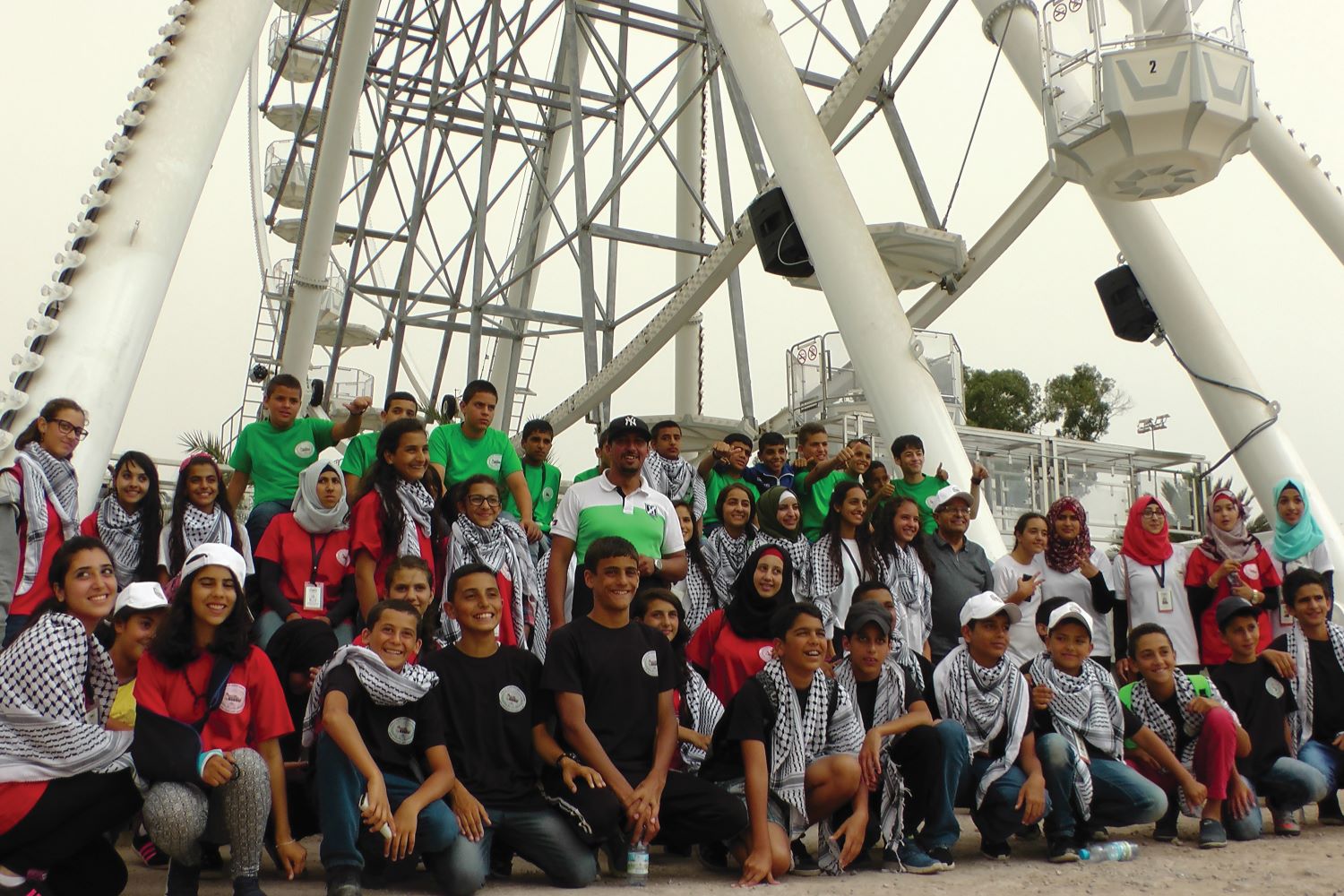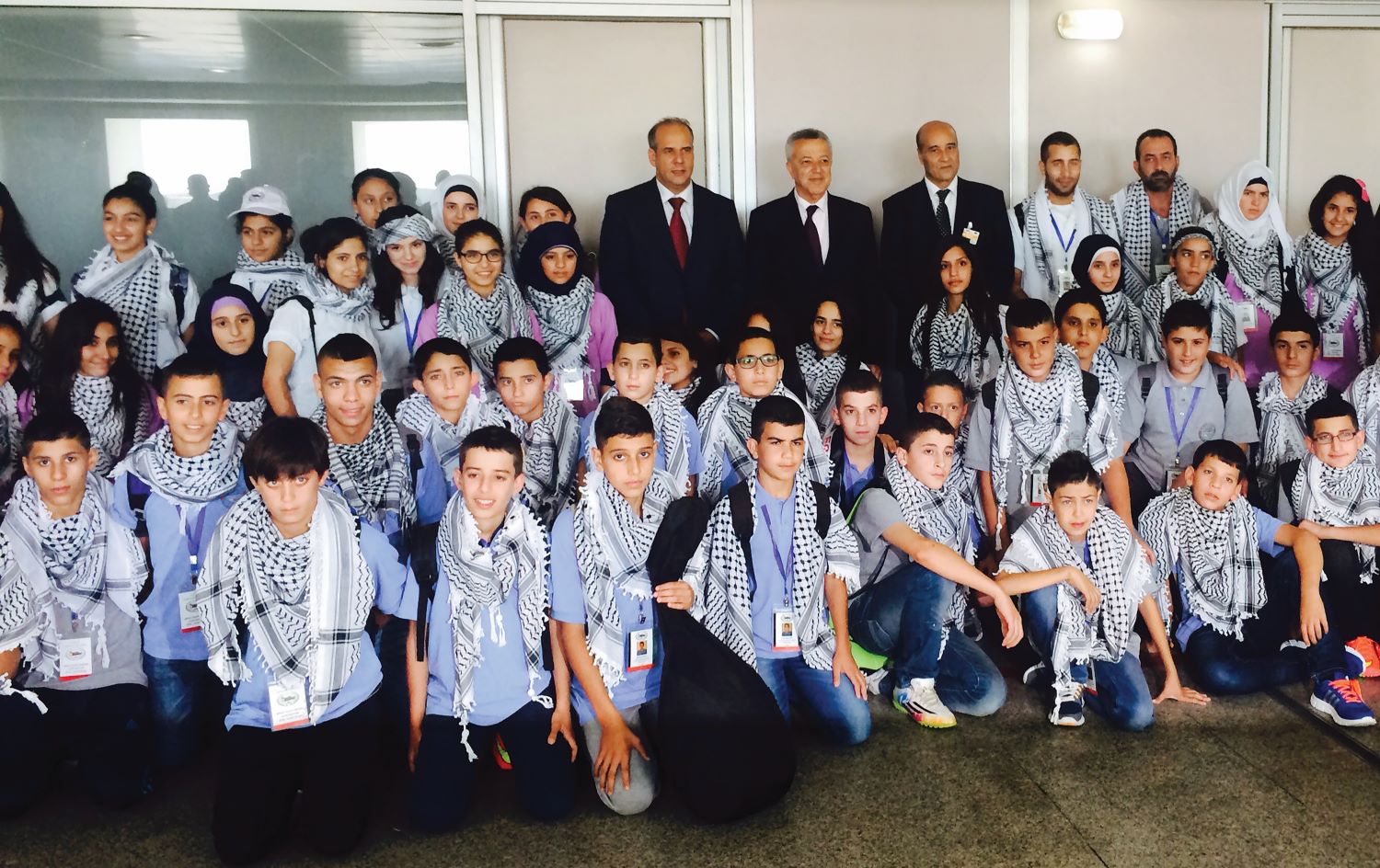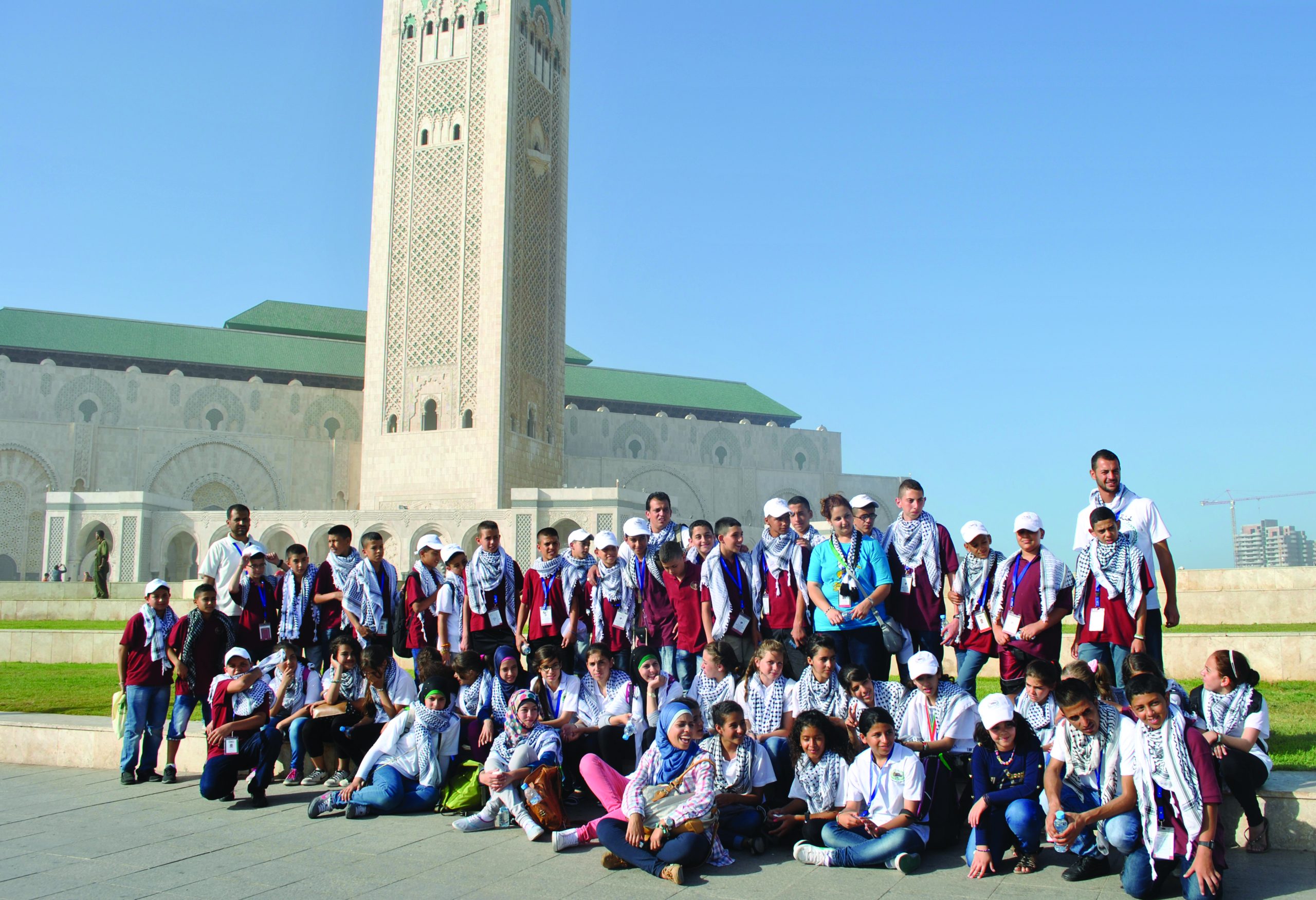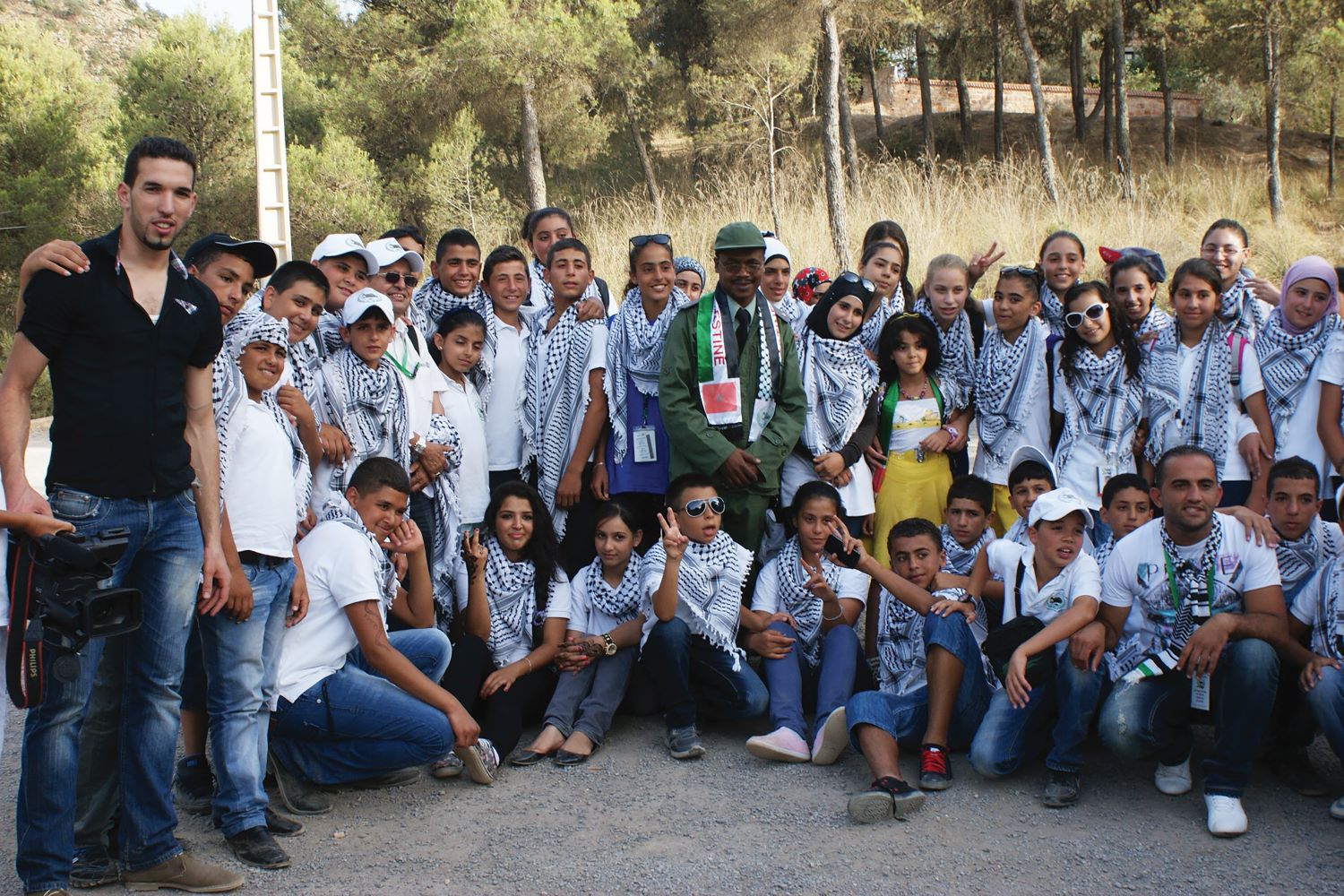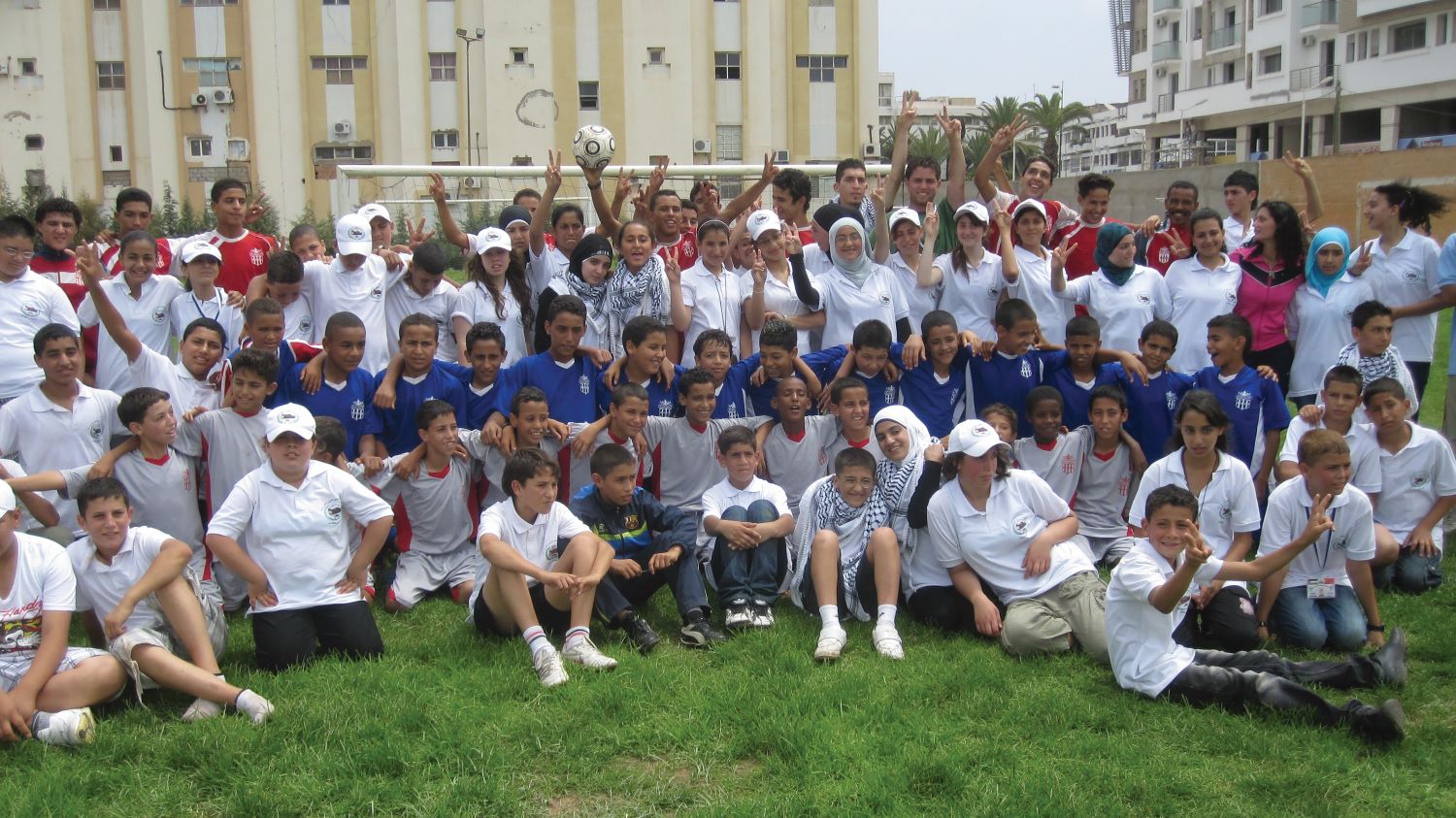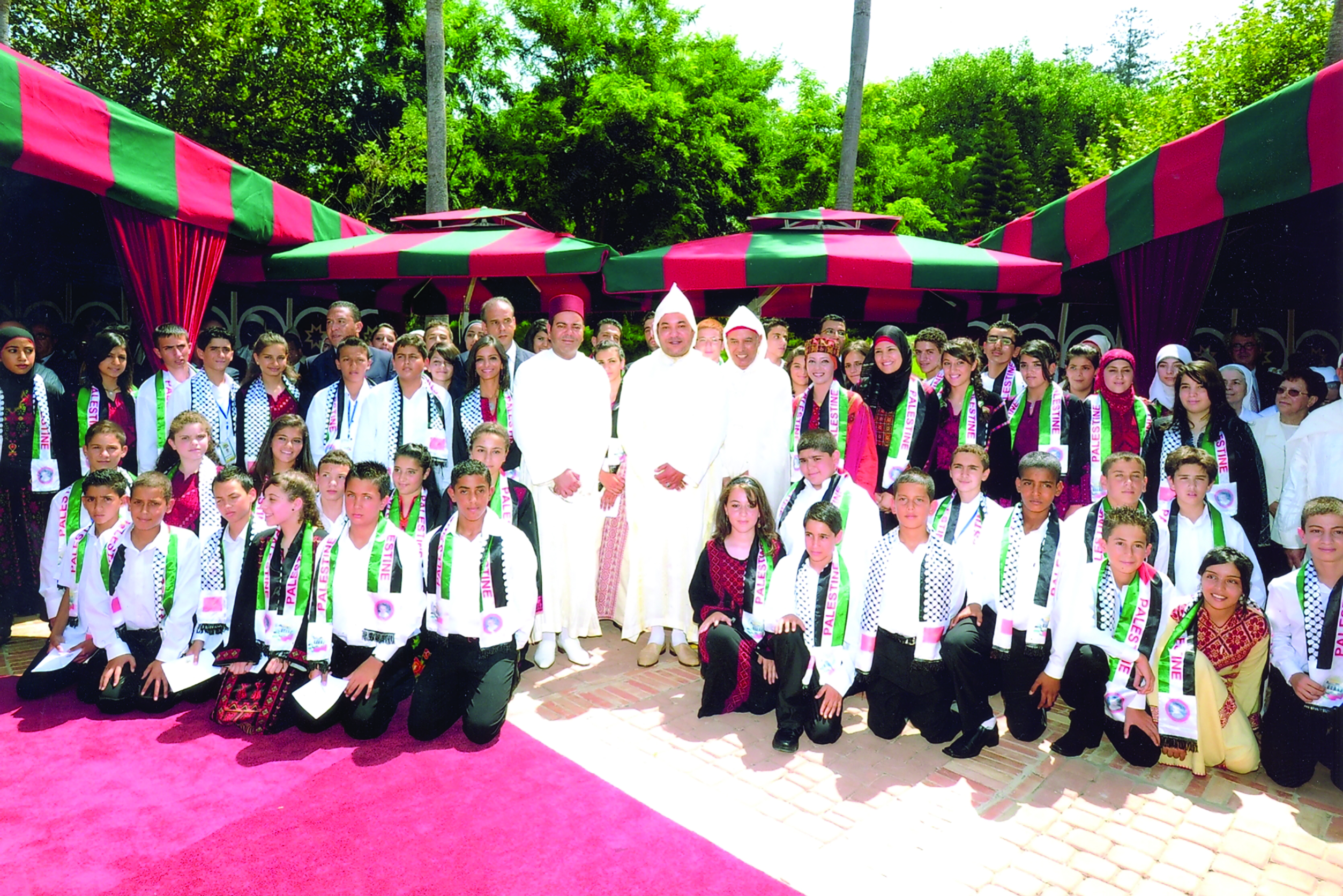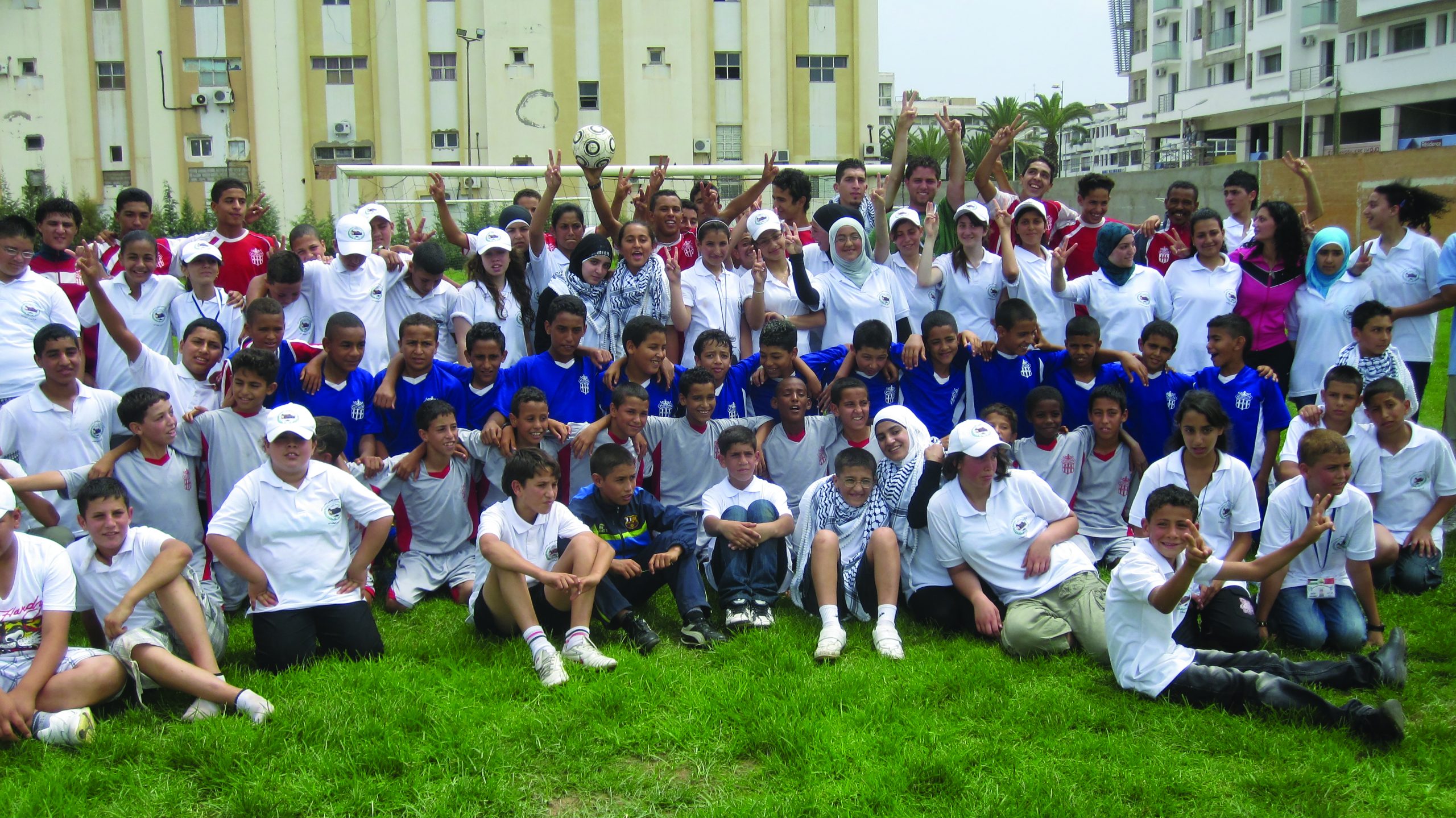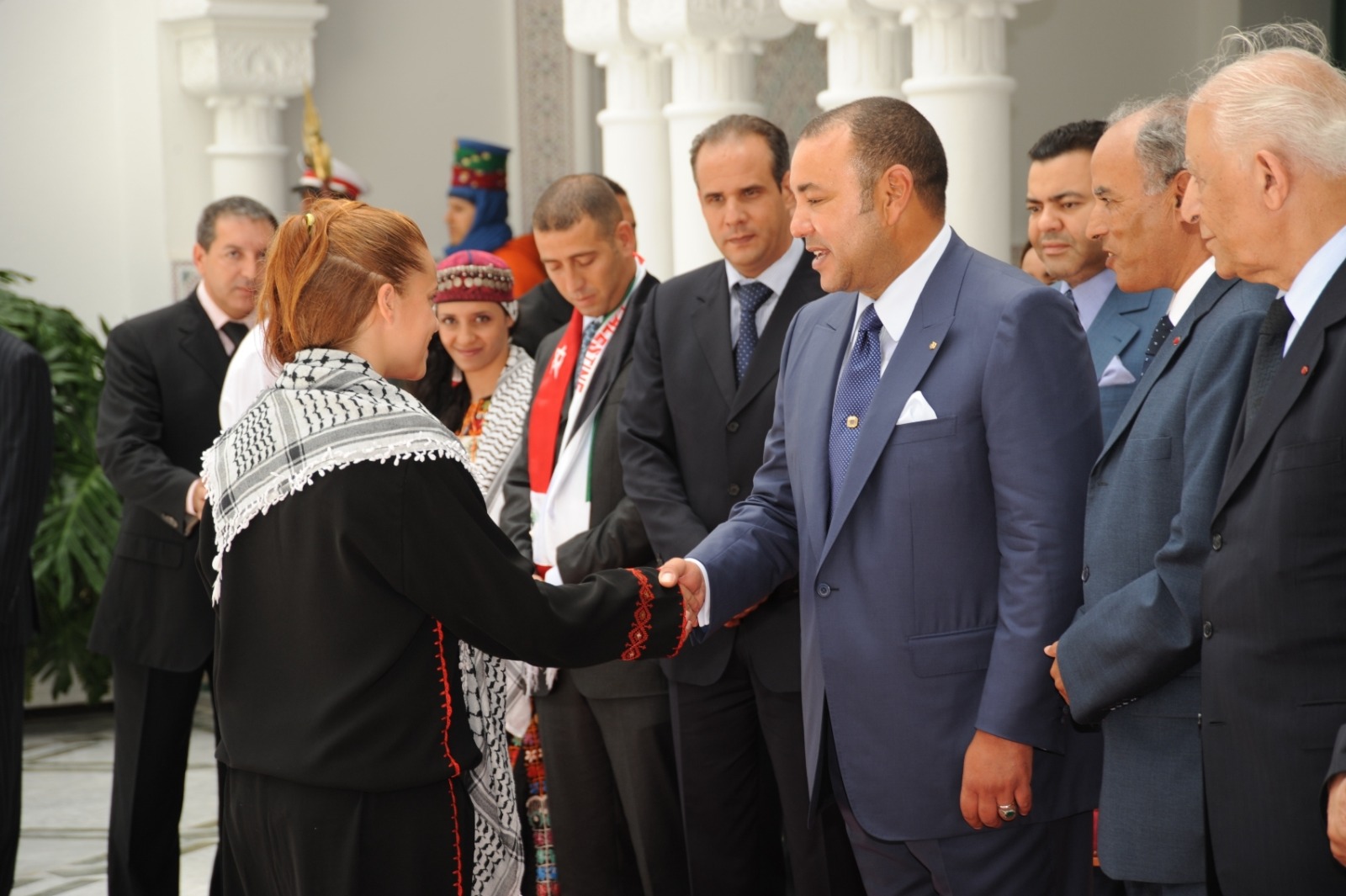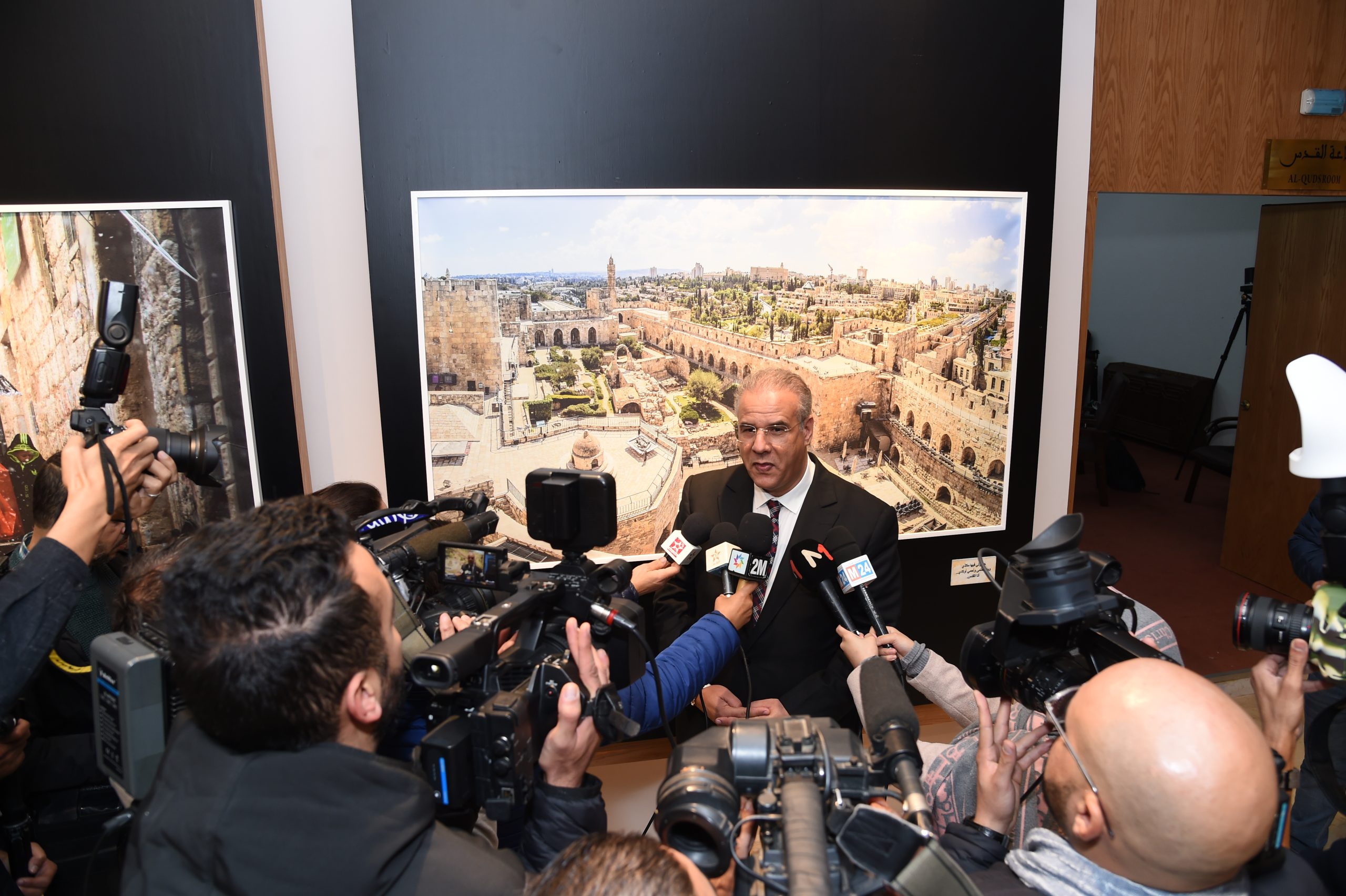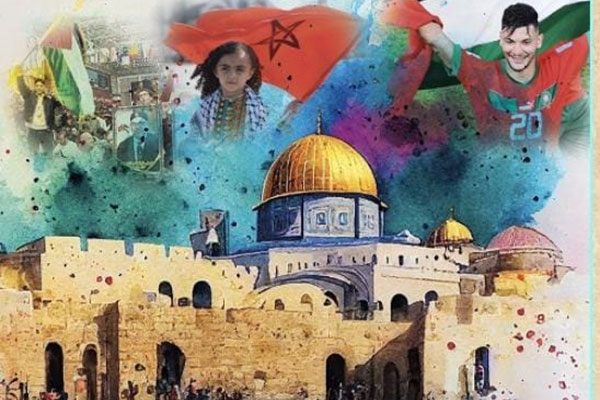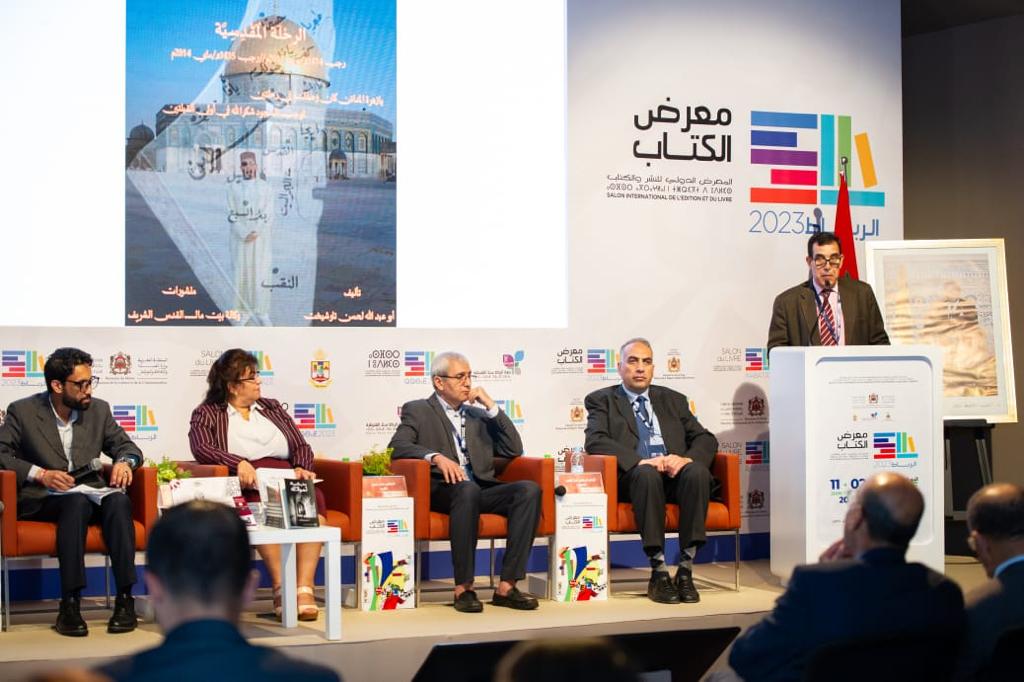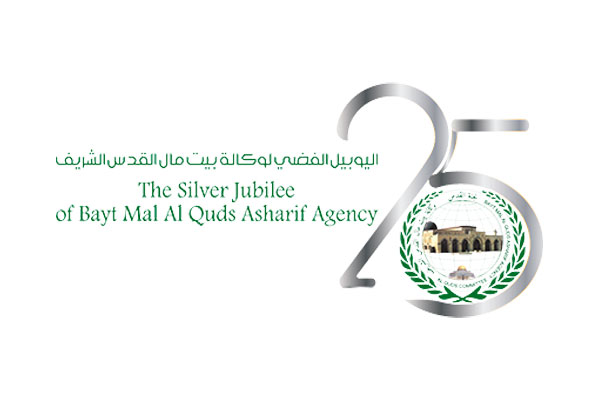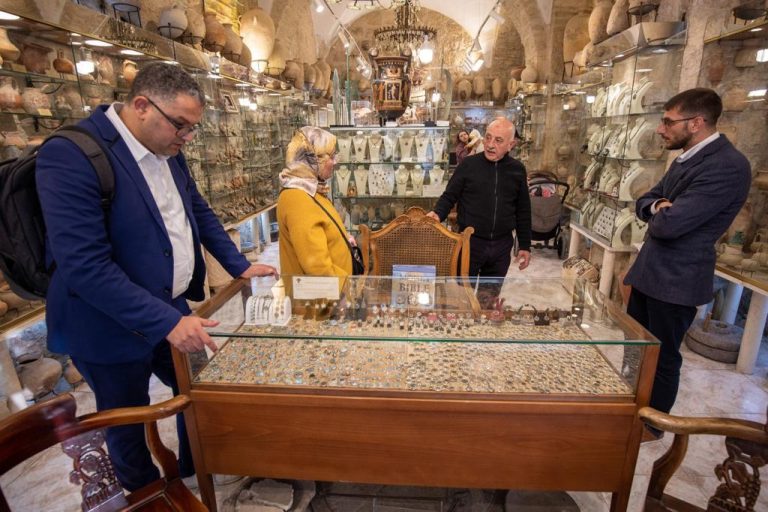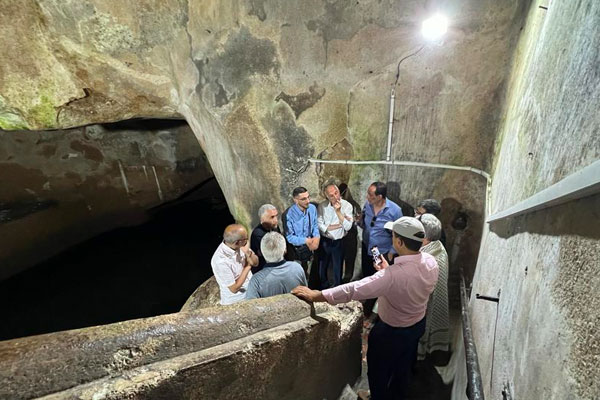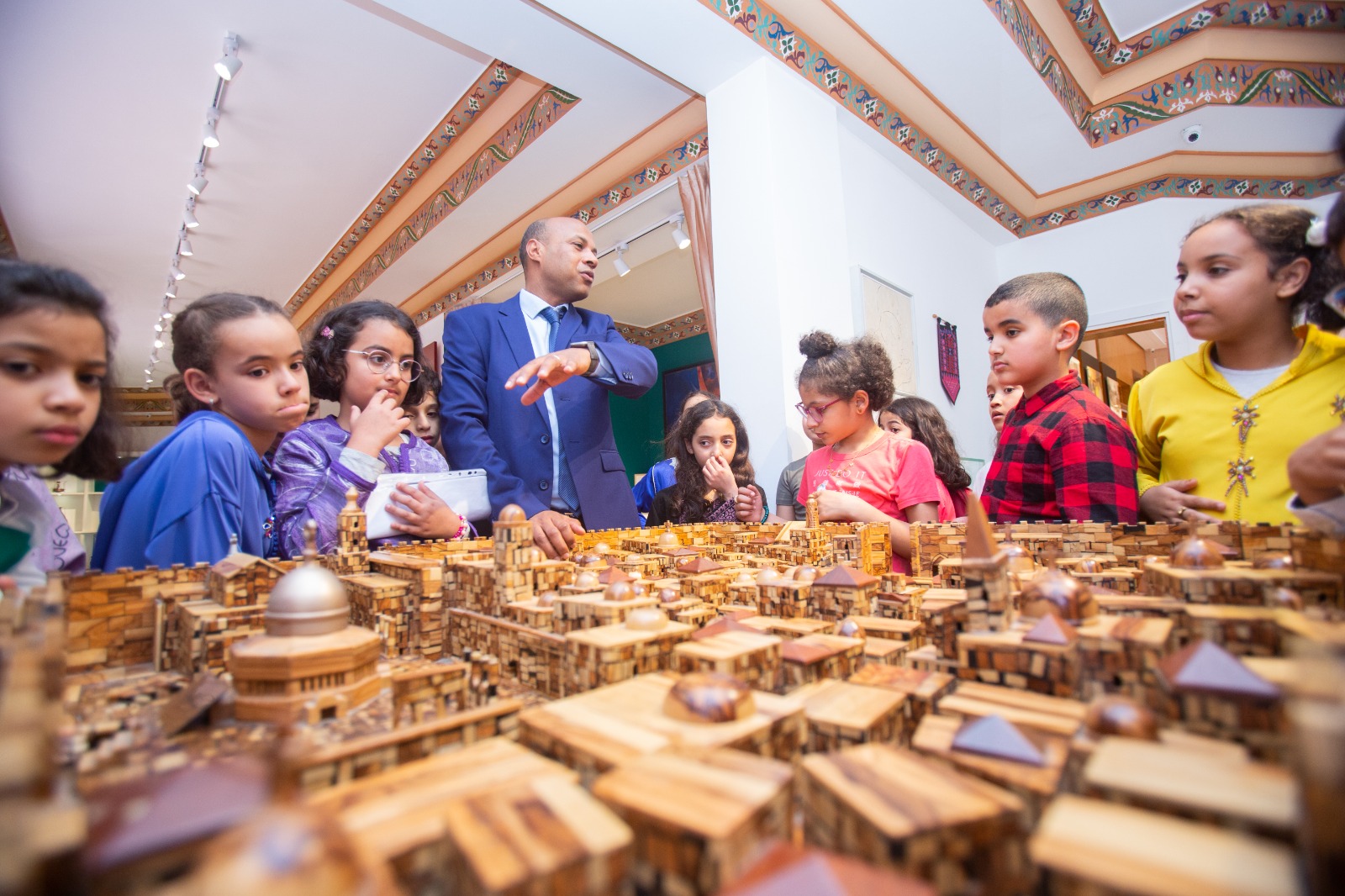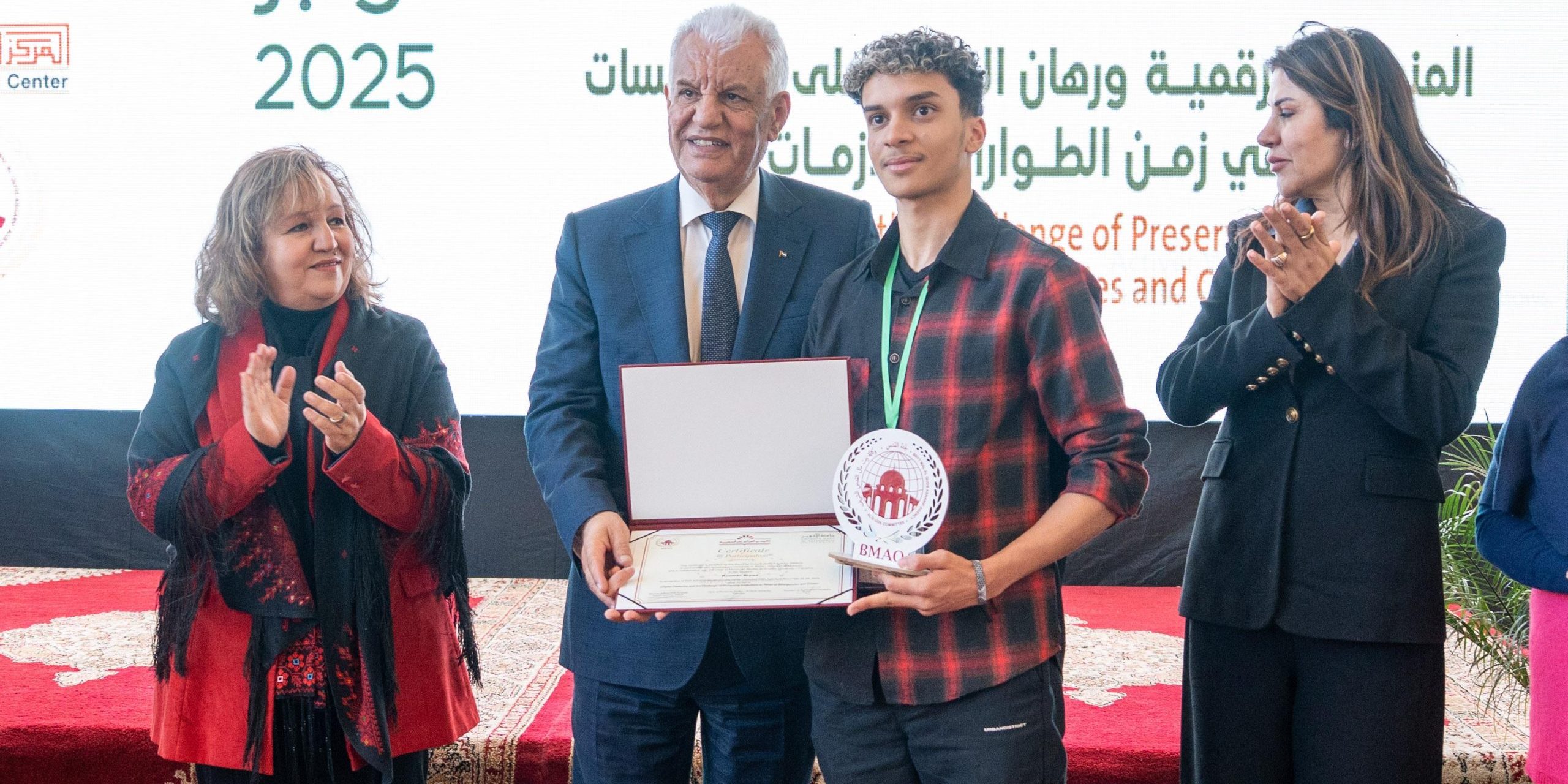Ifrane – The Winter University of the Bayt Mal Al-Quds Asharif Agency (BMAQ) concluded its activities yesterday, Wednesday, in Ifrane, following three days of workshops and discussions. The program featured four thematic workshops centered on “Digital Platforms and the Challenge of Preserving Institutions in Times of Emergencies and Crises,” with active participation from both Moroccan and Palestinian students.
The Winter University, organized by BMAQ in collaboration with Al Akhawayn University in Morocco and the Chair of Moroccan Studies at Al-Quds University in Palestine, concluded with recommendations highlighting the importance of establishing and developing specialized units for data collection and analysis within universities in Palestine and Morocco. These units would serve as a first step toward aligning their work with the rapid advancements in digitization and technological transformation.
The recommendations also stressed the importance of enabling institutions to use artificial intelligence tools responsibly in analyzing narratives emerging from various platforms and in designing mechanisms to counter risks that threaten institutional stability and societal balance.
Furthermore, the recommendations urged donor institutions, including BMAQ, to support promising student projects tackling challenges such as heritage preservation, cybersecurity, economic pressures, and youth unemployment. They also encouraged backing student participation in innovation exhibitions, enabling them to showcase their projects and connect with potential professional and investment opportunities.
On this occasion, Mohamed Salem Echarkaoui, Director of BMAQ, highlighted the significance of this pedagogical exercise, noting that the Agency “brought together Palestinian and Moroccan students around a shared goal: creating platforms and applications designed to safeguard the security, stability, and balance of societies.”
Echerkaoui noted that participants simulated crisis scenarios to demonstrate “how artificial intelligence tools can help inspire hope, maintain social balance, and provide the public with useful, reliable, and accurate information at the right time.”
For his part, Mohamed Nabil Benchakroun, Vice President of Al Akhawayn University in Ifrane, praised the success of this first edition, which brought together young participants from both countries around key topics such as cybersecurity, digital narratives, crisis analysis, and heritage valorization.
He noted that the projects developed in the four joint workshops “may receive follow-up support and possibly incubation by the Bayt Mal Al-Quds Asharif Agency,” adding that this initiative contributes to strengthening a sustainable academic partnership between the two universities.
For her part, Dr. Safa Nasserldin, Chair of Moroccan Studies at Al-Quds University, emphasized that “cooperation between Morocco and Palestine, particularly with BMAQ, is one of the pillars of this Winter University’s success,” explaining that this partnership is founded on “a strong, long-standing, trust-based relationship that provides a solid institutional framework to support students and expand their horizons.”
She added that, for Al-Quds University, this partnership represents “a natural extension of the cultural and academic ties between the two countries and an opportunity to integrate the issue of Jerusalem more deeply into international academic programs,” emphasizing that every initiative or skill gained through this Winter University “constitutes a meaningful contribution to preserving Palestine’s remaining institutional capacities and safeguarding their right to exist and endure.”
.
For his part, Moussa Alhelou, a Palestinian student from Al-Quds University participating in this edition, expressed his “delight” in taking part in workshops centered on the use of social media and artificial intelligence in academic and educational settings. He emphasized that, for students, the most valuable aspects are the exchange of practices and experiences, cultural openness, sharing perspectives, and discovering a new dimension of the Arab world.
This edition highlighted the vital role that digital tools play today in maintaining institutional continuity during disruptions. While these platforms facilitate rapid communication and efficient information management, they can also undermine trust if not used responsibly and thoughtfully..
This theme was chosen to offer Moroccan and Palestinian students a shared space to analyze the challenge from two different perspectives and develop a common understanding of how to safeguard institutions in fragile and unstable environments.
In this context, four specialized workshops were led by Moroccan and Palestinian professors and experts. The first focused on “digital security and the use of artificial intelligence to facilitate communication and access to information during challenging conditions and crises,” while the second explored “how artificial intelligence can be used to develop digital narratives of cultural identity in the Palestinian and Moroccan contexts.”
The third workshop examined “economic and social crises and the use of artificial intelligence in analyzing these crises in the Palestinian and Moroccan contexts,” while the fourth discussed “the management of cultural heritage using artificial intelligence techniques.”
The closing session was marked by the distribution of awards and certificates to participating students and supervising professors, in recognition of their active involvement and the quality of the projects they produced.
